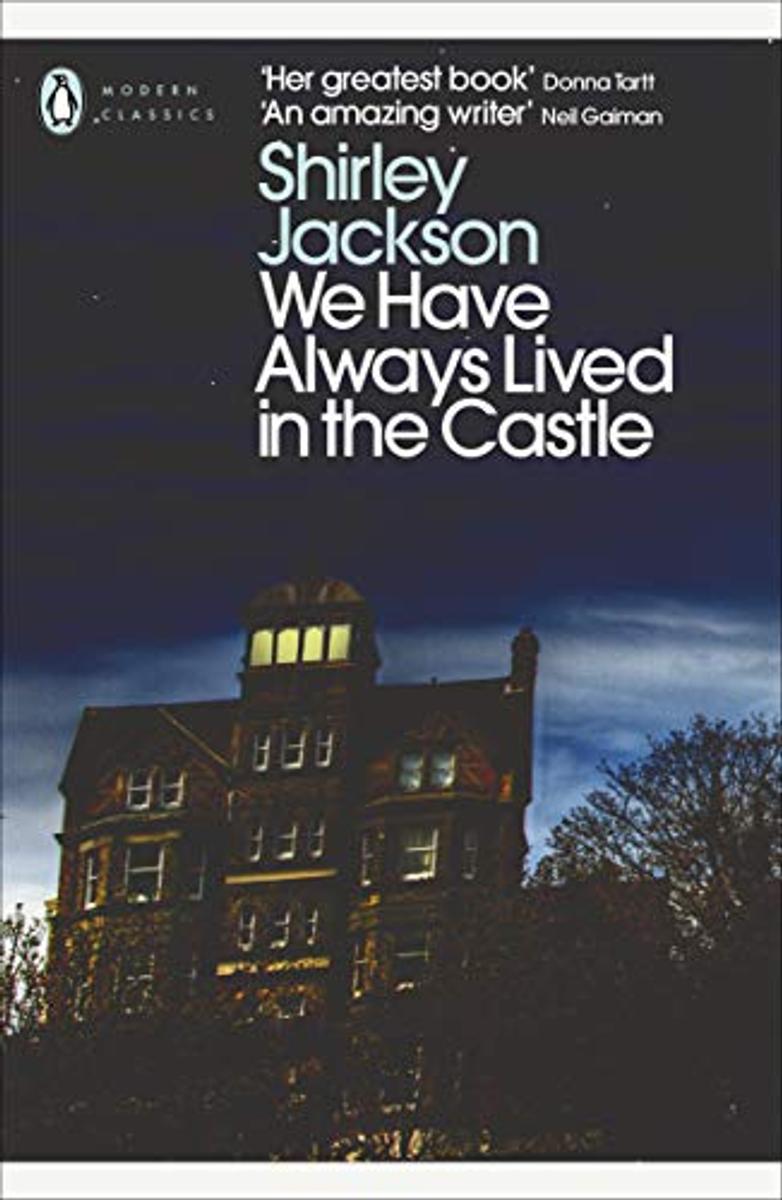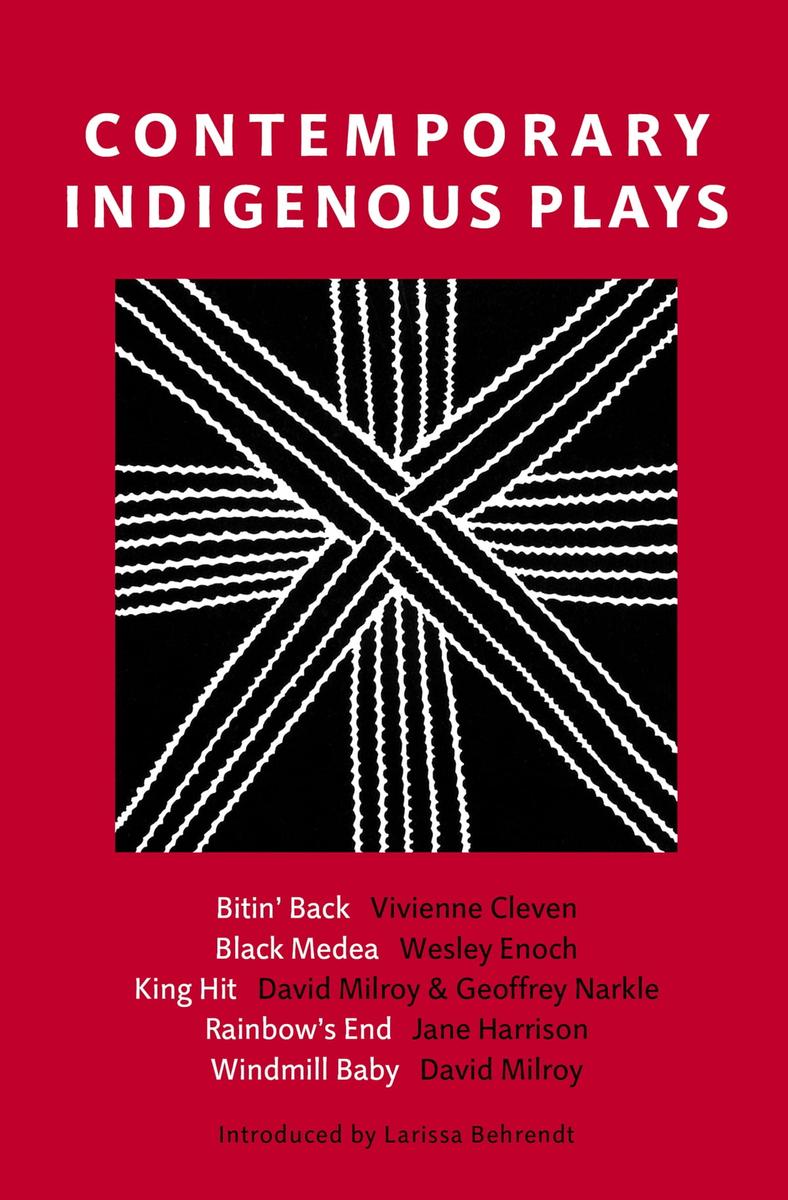VCE Study Tips
Daniella Gentile

VCE Study Tips
Daniella Gentile
1. Be Prepared!
Spend the first five minutes of your study time plotting out different time slots for different subjects/topics and tasks. Checklists are great! Failing to create any kind of study plan or to-do list can result in disorganised and inefficient study sessions.


2. Active Learning
It might seem like the easiest and fastest way to review information, but passive learning such as reading and highlighting notes will not aid in learning or memorisation. Instead focus on active methods such as summarising, practice questions, teaching another, or solving problems.
3. Take on Your Challenges!
Avoiding subjects or topics you dislike or find challenging will lead to an imbalance of knowledge. Give more attention and time to the topics you are more uncomfortable with to avoid stress.
4. Take Measured Breaks
Attempting to study without taking breaks can lead to both burn-out and reduced retention. Your brain will be the most focussed during frequent, short, study sessions.
5. Study Over Time
For senior students who will be assessed on several areas of study of content in SACs and final exams, spaced out and regular study will be far more effective, and most importantly less stressful. Start reading the English novels earlier to avoid this stress. Last-minute cramming may be effective for short-term memorisation but won’t lead to any kind of long-term learning.
Year 11 – We Have Always Lived in the Castle by Shirley Jackson and Black Medea by Wesley Enoch
Year 12 – Flames by Robbie Arnot and Rainbow’s End by Jane Harrison





